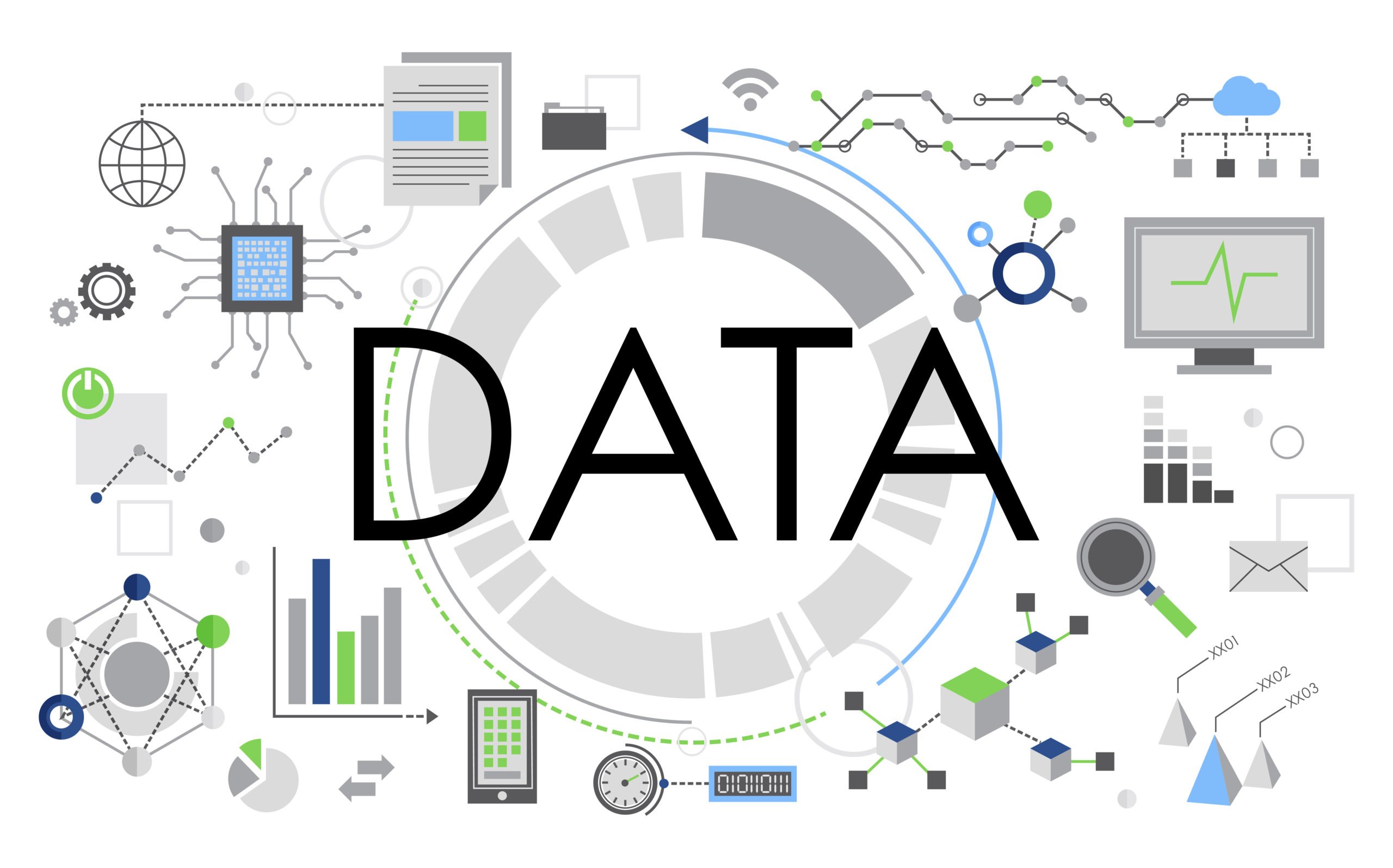The digital age today is marked by the power of data. It has resulted in the generation of enormous amounts of data daily, ranging from social media interactions to online shopping habits. It is estimated that every day, 2.5 quintillion bytes of data are created. Although this may seem daunting, it provides an opportunity to gain valuable insights into consumer behavior, patterns, and trends.

This is where data science plays a crucial role. In this article, we will delve into the fascinating realm of Data Science and the power of data. We examine why it is fast becoming one of the most in-demand professions.
What is data science?
Data Science is a field that encompasses various disciplines, including statistics, machine learning, and data analysis techniques to extract valuable insights and knowledge from data. The primary aim is to make sense of the vast amounts of data generated daily by combining statistical analysis, programming, and data visualization.
It is divided into three primary areas: data preparation, data modeling, and data visualization. Data preparation entails organizing and cleaning the data, while data modeling involves creating predictive models using algorithms. Finally, data visualization involves presenting data in a way that is easily understandable and interpretable.
Importance of data science
The application is not limited to just one industry or field. It can be applied in a wide range of areas, from finance and marketing to sports and entertainment. For example, in the finance industry, it is used to develop investment strategies and detect fraudulent transactions. In marketing, it is used to identify target audiences and personalize marketing campaigns. In sports, it is used to analyze player performance and develop game strategies.
It is a critical field that plays a significant role in unlocking the power of big data in today’s digital age. With the vast amount of data being generated every day, companies and organizations that utilize data science techniques to extract insights and knowledge from data are more likely to succeed and gain a competitive advantage.
Skills required for a data scientist
It is a multi-faceted field that necessitates a range of competencies in statistics, programming, and data visualization.
Proficiency in statistical analysis is essential for Data Scientists to detect patterns and trends in data. Additionally, expertise in programming languages like Python or R is required to handle large data sets. Data Scientists must also have the ability to present data in an easily understandable format through data visualization.
A sound understanding of machine learning algorithms is also crucial for developing predictive models. Effective communication skills are equally important for Data Scientists to convey their findings to non-technical stakeholders clearly and concisely.
If you are planning to add value to your data science skillset, check out our Python for Data Science training.
What are the initial steps to begin a career as a Data Scientist?
To start a career, it is crucial to establish a solid foundation in statistics, programming, and data visualization. This can be achieved through online courses and programs, such as data. To begin a career in data science, there are several initial steps you can take:
- Gain a strong foundation in mathematics and statistics: A solid understanding of mathematical concepts such as linear algebra, calculus, and probability is essential in data science.
- Learn programming languages: Familiarize yourself with programming languages commonly used in data science, such as Python or R.
- Acquire knowledge of machine learning: Understand different algorithms and techniques used for predictive modeling, classification, and clustering.
- Develop data manipulation and analysis skills: Gain proficiency in using libraries and tools like pandas and SQL to manipulate, preprocess, and analyze data effectively.
- Practice with real-world projects: Work on practical projects that involve solving data-related problems.
- Stay updated and continue learning: Engage in continuous learning through online courses, books, tutorials, and participating in data science communities.
Science training courses
To further develop your skills and gain exposure to the community, consider joining Data Science communities and participating in competitions. Building a portfolio of projects can also help showcase your abilities to potential employers. Lastly, seeking internships can provide valuable hands-on experience and allow you to tackle real-world Data Science challenges.
The crucial power of data
The significance cannot be overstated, as it has the potential to bring about substantial changes in the way organizations operate and make decisions. However, this field demands a distinct blend of competencies, such as expertise in statistics, programming, and data visualization.
Written by Saptarshi Sen

